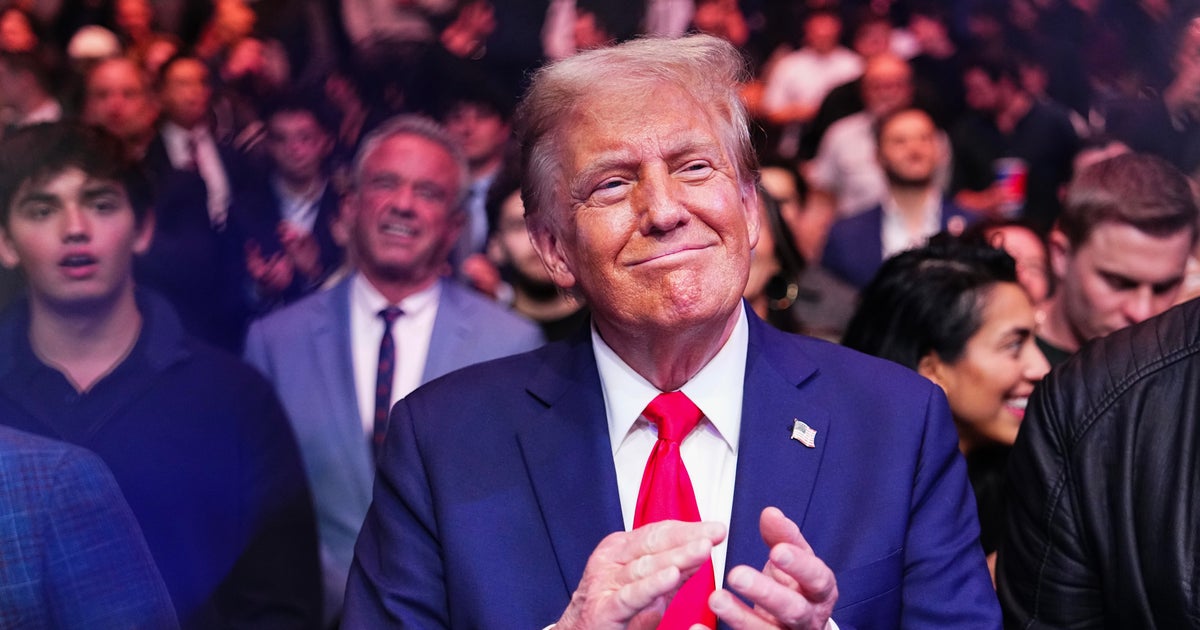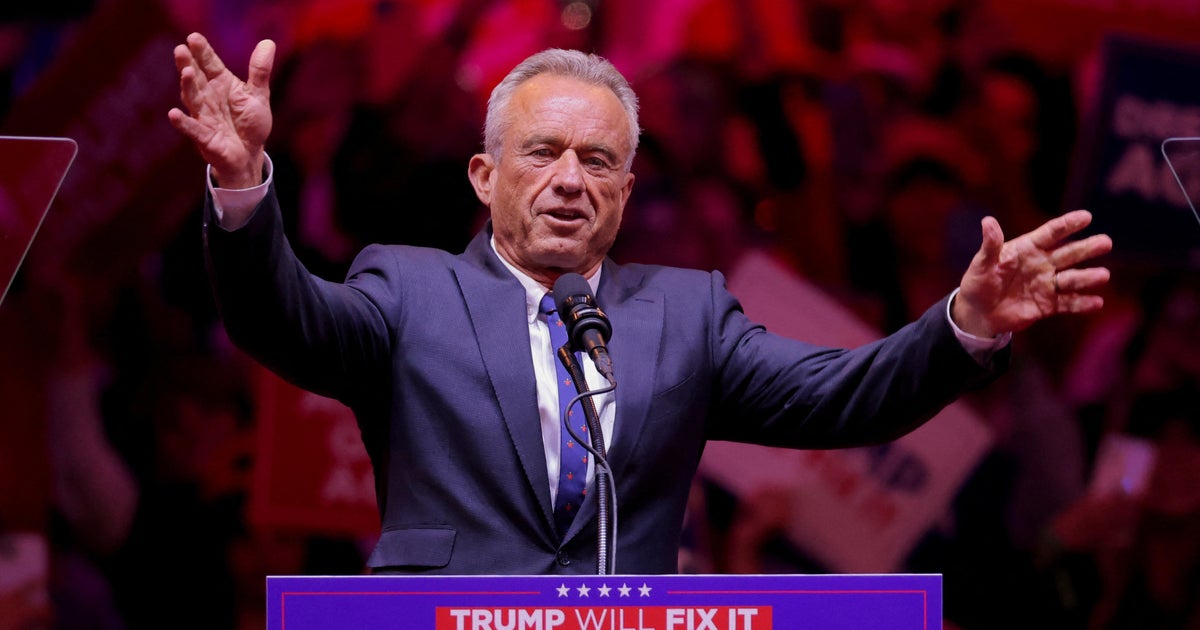McConnell says "we're getting closer and closer" to deal on COVID relief
Washington — Senate Majority Leader Mitch McConnell told reporters late Tuesday night "we're getting closer and closer" to a deal on a COVID economic relief bill, saying negotiators were "making significant progress" and that he's "optimistic that we're going to be able to complete an understanding sometime soon."
Congressional leaders met twice Tuesday, and though negotiations went on for several hours, at the end of the night, there was still no agreement. But comments from Republican and Democratic leaders were positive.
"Everybody wants to finish," McConnell said. "Everybody wants to get a final agreement as soon as possible. We all believe the country needs it. And I think we're getting closer and closer."
Senate Minority Leader Chuck Schumer was also asked about the timing of a deal, and he responded, "We're just exchanging paper back and forth and hopefully we can come to a deal soon."
House Minority Leader Kevin McCarthy said he thinks "we're moving in the right direction."
House Speaker Nancy Pelosi called the meeting with other congressional leaders Tuesday afternoon to discuss finalizing a government spending measure and a coronavirus relief bill, since the window is swiftly closing for Congress to take action before government funding expires on Friday and critical relief programs lapse at the end of the month.
Pelosi met with McConnell, Schumer and McCarthy in her office, and Treasury Secretary Steven Mnuchin also joined the meeting by phone. Mnuchin and Pelosi have been engaged in negotiations for several months.
Schumer told reporters afterwards that "it was a good meeting." McCarthy also said that there had been "progress."
Pelosi said on her way to the meeting that lawmakers "have to come to agreement" to get a deal done by Friday.
"We have to come to agreement. And we hope that that will happen in the way that keeps government open. I know that we will finish our work in the House," Pelosi told reporters.
The meetings came after a bipartisan, bicameral group of lawmakers on Monday introduced two bills on coronavirus relief amounting to $908 billion. Pelosi and Schumer have previously called for the framework proposed by this group to be the basis of any negotiations.
The first bill totals $748 billion and includes additional funding for the popular Paycheck Protection Program, schools and unemployment insurance, as well as more money for vaccine development and distribution, coronavirus testing and contact tracing. The second measure, amounting to $160 billion, addresses two sticking points that have stalled negotiations: funding for state and local governments, which is critical for Democrats, and liability shields for businesses and institutions, which is a priority for McConnell.
But McConnell said on Tuesday that he was willing to set aside liability protections and focus on the first bill, if Democrats are also willing to give up passing something on state and local aid.
"We ought to agree on what we can agree on," McConnell said.
The meetings between House and Senate leadership on Tuesday signalled that lawmakers might be willing to compromise after months of disagreement. Pelosi and McConnell have also said they would like to pass a new omnibus measure to fund the government for a year instead of a continuing resolution that would extend the current funding for a limited period of time. Congress passed a continuing resolution last week to extend the deadline for government funding to December 18.
Both houses must vote on the legislation and then it must be signed by President Trump by midnight on Friday to avert a shutdown.
One issue that remains unresolved is whether to include direct payments to Americans in a government funding bill or coronavirus relief proposal. Independent Senator Bernie Sanders and Republican Senator Josh Hawley have threatened to allow government funding to lapse unless Congress votes on including direct checks. A group of progressive Democrats in the House also sent a letter to congressional leadership on Tuesday asking for direct payments to be included in the relief bill.
Kimberly Brown contributed to this report.




